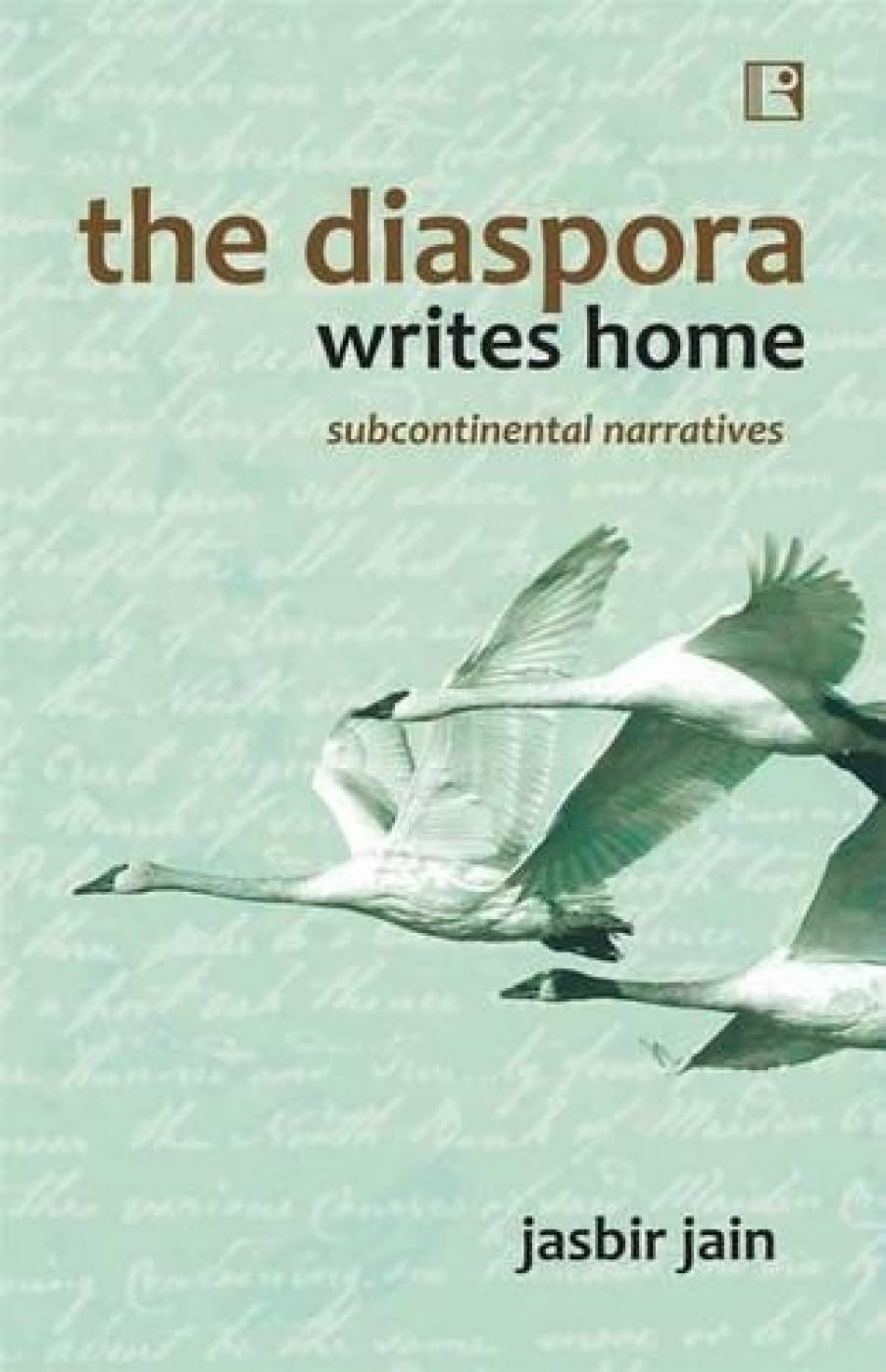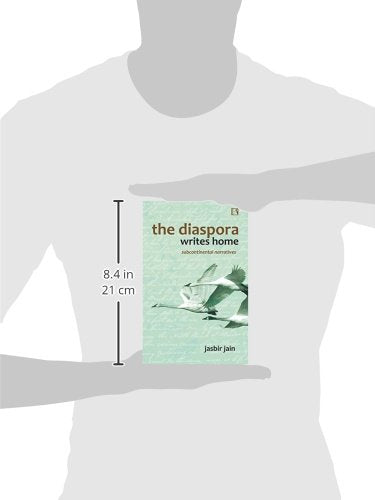The Diaspora Writes Home: Subcontinental Narratives
The Diaspora Writes Home: Subcontinental Narratives is backordered and will ship as soon as it is back in stock.
Couldn't load pickup availability
Genuine Products Guarantee
Genuine Products Guarantee
We guarantee 100% genuine products, and if proven otherwise, we will compensate you with 10 times the product's cost.
Delivery and Shipping
Delivery and Shipping
Products are generally ready for dispatch within 1 day and typically reach you in 3 to 5 days.
Book Details
-
Publisher: Rawat Publications
-
Author: Jasbir Jain
-
Language: English
-
Edition: 2015
-
ISBN: 9788131607114
-
Pages: 278
-
Cover: Hardcover
-
Dimensions: 8.5 x 5.7 x 0.8 inches
About the Book
The Diaspora Writes Home: Subcontinental Narratives by Jasbir Jain explores the multifaceted experiences of South Asian emigrants as they navigate life across different geographies and time periods while maintaining a complex relationship with their ancestral homelands. The concept of “writing home” is viewed in its broadest sense—encompassing creative expression, memory, cultural connection, and emotional reflection. Writing serves not only as an artistic endeavor but also as an inscription of identity, a bridge to history, and a means of negotiating belonging in shifting political and cultural landscapes.
This work delves into how the diaspora reflects on its lost homeland, grappling with the intersections of history, culture, migration, and political conflict. It raises thought-provoking questions about the relationship between the diaspora and the home country: How do migrants connect to their origins? How does distance reshape perception? Can the present experiences of those abroad ever align with the realities of those who stayed?
The book spans a wide range of locations—Africa, Fiji, the Caribbean, the UK, the US, Canada, and South Asian nations such as Pakistan and Bangladesh—examining how new homelands influence identity, affiliations, and cultural expression. Special attention is given to the political dimensions of emigration, including the refugee and muhajir experiences, and the transformations in diasporic narratives over time.
With insightful analyses of memory, cultural continuity, and the poetics of exile, this book will be invaluable for scholars and students of literary criticism, migration studies, and Asian studies. It also speaks to anyone interested in the emotional and cultural dialogues between diasporas and their homelands.







